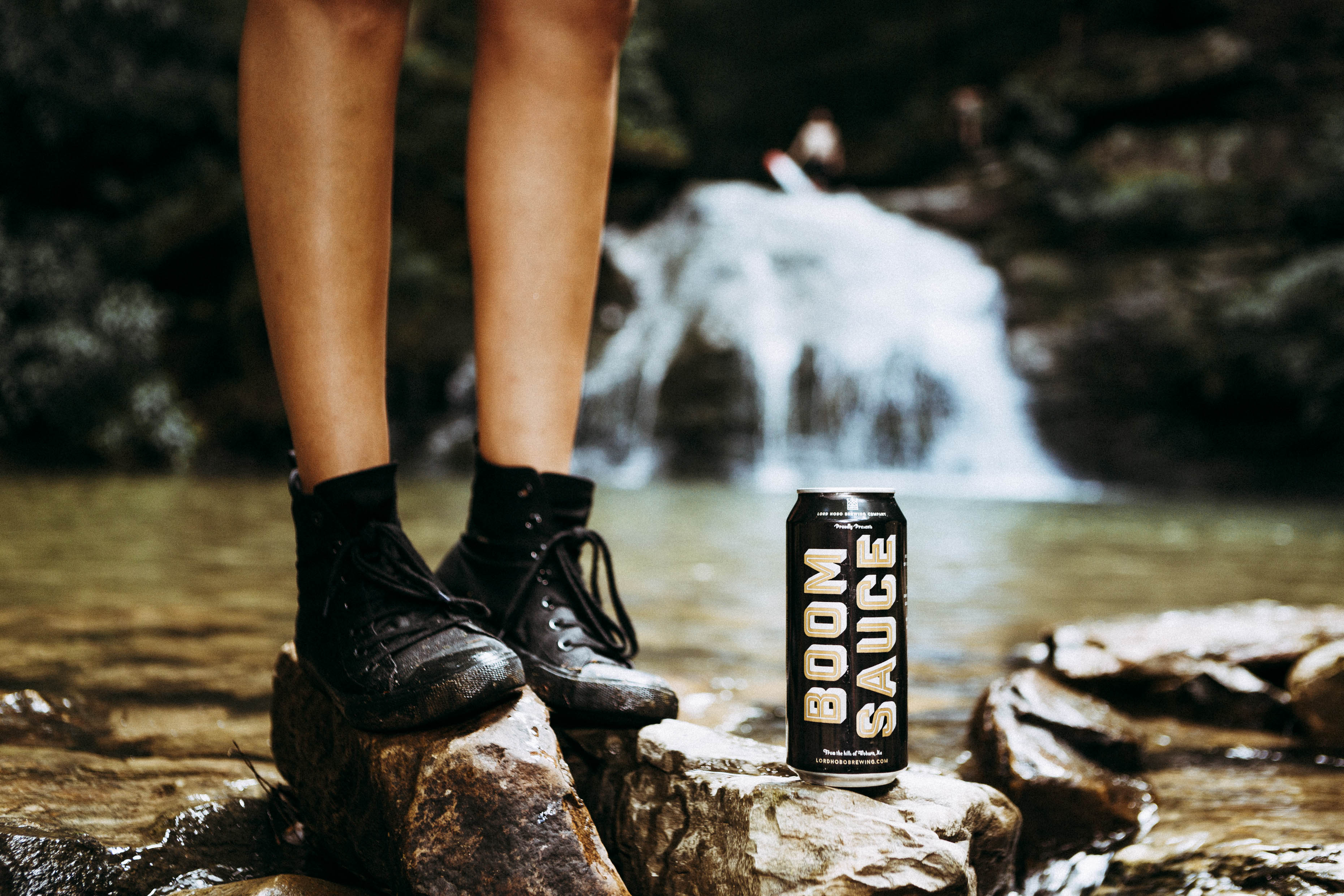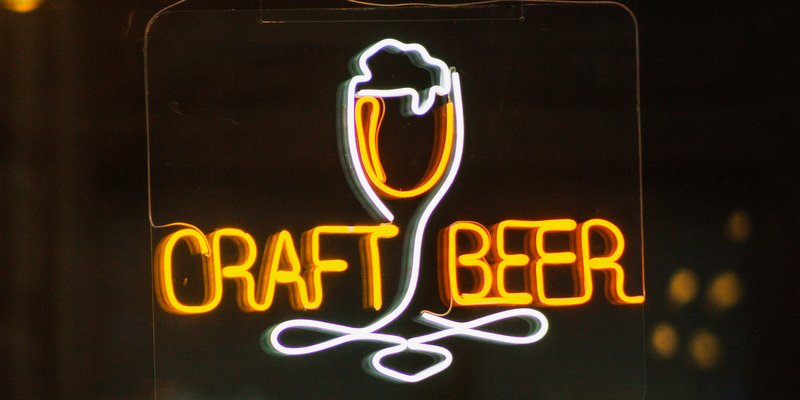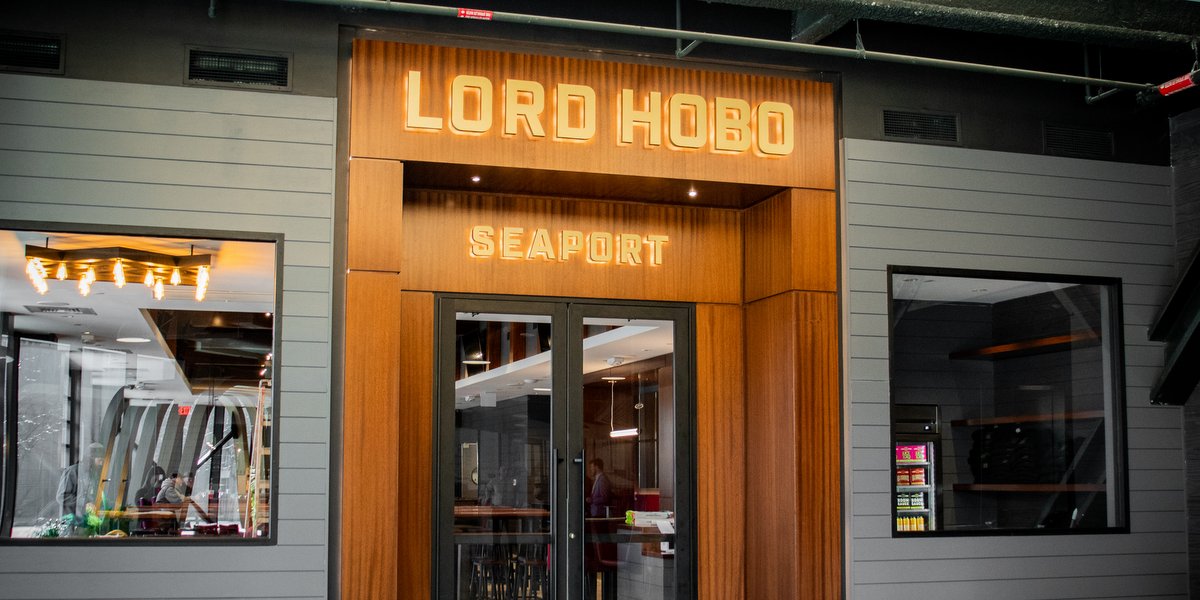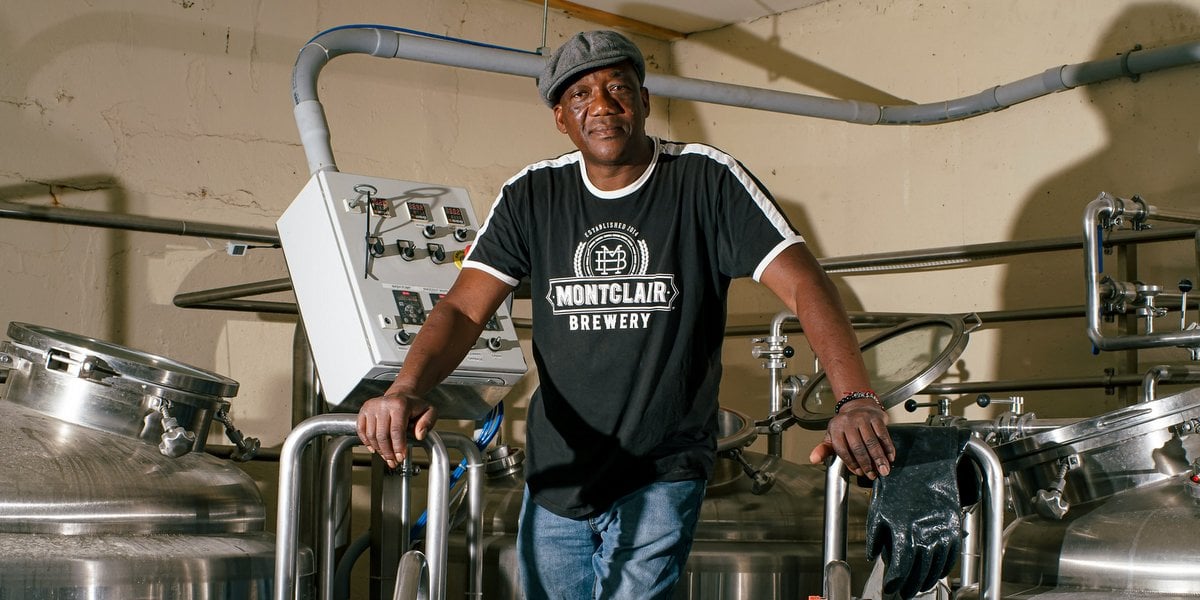
The craft beer scene in the Northeast is about to change dramatically. Lone Pine Brewing Co. and Lord Hobo Brewing Co. have announced plans to merge, creating a powerhouse partnership.
Merging for growth

Lord Hobo Brewing, once the fastest-growing craft brewery in the country, will join forces with Lone Pine Brewing, Maine’s current fastest-growing craft brewery. The merger promises increased investment in brand-building, quality and innovation. The two breweries will operate under a single ownership. The deal will help strengthen their presence across core markets in Maine and Massachusetts. Though the merger is subject to regulatory approval, both breweries are optimistic about a Q4 2024 completion. From the press release:
Simon Thorpe, CEO of Lord Hobo said: “The merger of our two breweries creates a platform for craft brand growth, focused on marketing brands that have deep consumer resonance, that can travel and cross categories. We believe that investment in marketing behind true consumer brands is the only viable way in today’s market to build long-term success in craft. This merger is the first step in building a portfolio of brands that can travel, cross categories and which truly resonate with consumers on a deeper level”.
Lone Pine Brewing: Rising star in Maine

Founded in 2016, Lone Pine Brewing quickly grew into one of the largest craft breweries in Maine. The brewery’s Gorham location significantly increased production, supporting flagship hits like Oh-J Double IPA. Lone Pine’s American Craft Vodka also launched successfully, marking the company’s entry into spirits. Recognition came fast. In 2018, Lone Pine was the fourth-fastest growing brewery in America. Since then, their distribution has expanded to 18 states, including the Midwest, West Coast, and even overseas. The brewery’s accolades include three Great American Beer Festival medals and a Gold World Beer Cup medal.
Tom Madden and John Paul, the Founders of Lone Pine said: “We see this merger as an important next step for Lone Pine as we aim to continue a trajectory of strong growth both in Maine and New England. We are excited to create an organization that will have at its core a wide range of joyful, energizing, and innovative brands, and which celebrates the local independence of each brewery in a supportive framework focused on leveraging personnel and technology to enforce the highest quality standard, which is often challenging during periods of growth. Lord Hobo has been totally transformed in the last three years and together we have crafted a truly compelling vision for our future. In joining the Board of the new ownership structure, we are excited to build a combined organization that is growth focused and prioritizes quality, community, and creative innovation.
Lord Hobo Brewing: A cautionary tale

Lord Hobo’s journey has been one of extremes. Founded in 2015 by Daniel Lanigan, the brewery quickly became known for bold, New England-style IPAs. Boomsauce, an 8 percent ABV double IPA, became a flagship beer and fueled the brewery’s insane growth. Riding the popularity of New England IPAs, Lord Hobo saw a staggering 413 percent growth in 2016, producing over 15,000 barrels. But rapid expansion came with challenges. By 2017, the brewery had doubled its cellar capacity and taken on significant debt.
Lord Hobo’s aggressive growth included a massive expansion of its Woburn facility and the opening of a new Seaport taproom. Despite the pandemic, the company poured millions into developing new locations, including plans for an 18,000-sq-ft brewery and restaurant. However, those ambitions didn’t match market demand. From 2020 to 2023, Lord Hobo’s production dropped sharply from 30,000 barrels to just 17,000. The company struggled with debt and an oversized brewing system, leading to difficult financial realities.
Scandal and leadership shifts

The brewery faced additional challenges when allegations surfaced in 2021 about founder Daniel Lanigan’s inappropriate behavior towards women. These claims emerged on social media as part of a broader industry reckoning. Lanigan would step down as CEO. In 2021, Lord Hobo brought in experienced leadership, including Brian Walsh, former CEO of Smuttynose Brewing, long-time beer industry exec Simon Thorpe and Wendy Nowokunski — the latter a director of the private investment firm that acquired a stake in Lord Hobo in 2017.
Scott Macintosh, Co-CEO of Valterra Partners LLCl, the principal investor in the new ownership group said: “Having changed management and turned around both the financial health and growth trajectory of Lord Hobo in 2023, this merger represents an important second step in realizing our long-term vision of investing behind a scale, branded company that establishes itself as a pillar of the craft community in the Northeast. Bringing Tom and John into the combined company considerably strengthens our Board, our leadership team and our culture.
A new era for both breweries

The merger aims to harness Lone Pine’s growth and Lord Hobo’s extensive experience. Lord Hobo’s Seaport taproom, along with its popular beers like 617 and Boomsauce, will benefit from new investments. Lone Pine will continue to build its presence with beloved beers like Portland Pale Ale. By uniting their strengths, Lone Pine and Lord Hobo hope to create a more sustainable path forward. The partnership signals an evolution for both breweries, setting the stage for a new era in craft brewing. From the press release:
Jonathan Monie, CFO of Lord Hobo stated: “As a result of post-COVID strategic shifts, breweries across the nation face challenges in terms of holding their distribution footprint against mounting raw material and other costs. Our platform aims to enhance the distribution capabilities of the brands in our network, driving sales growth through proven best practices in contiguous states. With Lone Pine’s retail footprint, we will establish additional retail satellites across the region. Additionally, changes in licensing will allow our group to develop our spirits portfolio and entertain contract brewing, easing our way into future partnerships and avenues for growth.”
What this merger means for craft beer
Mergers in craft brewing aren’t new, but they bring mixed outcomes. Lone Pine and Lord Hobo are looking to learn from past challenges and leverage their combined resources wisely. The goal is clear: Continue pushing the boundaries of quality and innovation while staying grounded in the unique identities that made them local favorites.
Stay tuned
As the merger unfolds, it will be a story worth watching. Will this partnership lead to a craft beer renaissance in New England, or will it face the same hurdles that have plagued others? Only time will tell, but craft beer lovers should keep an eye on this one.





Leave a Reply
You must be logged in to post a comment.